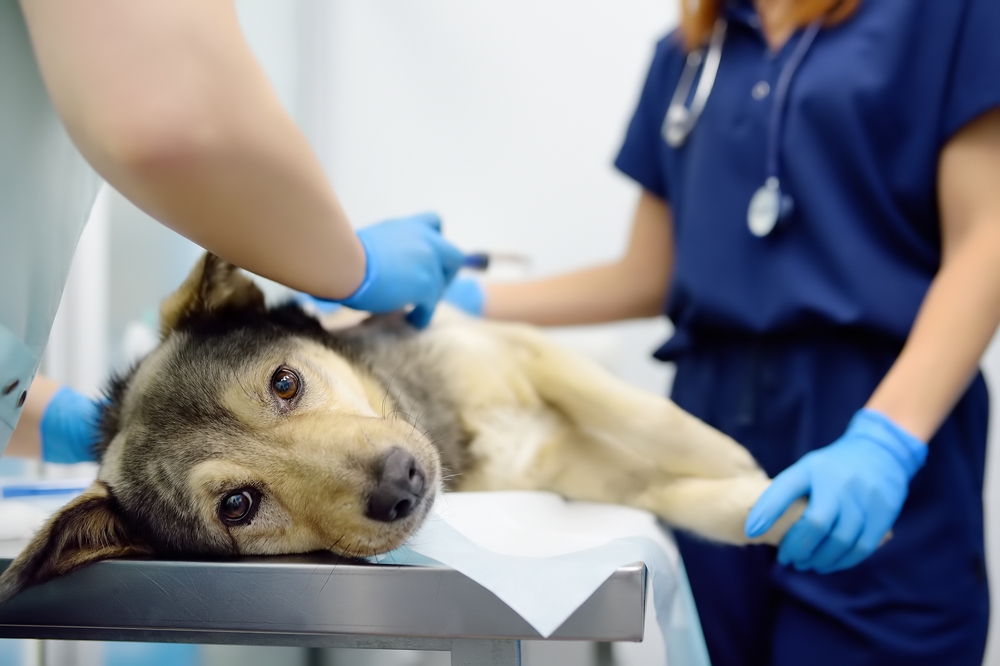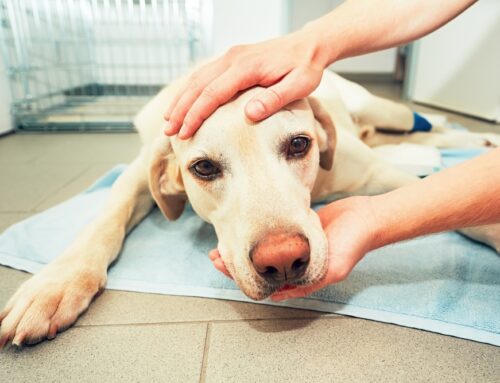Have you ever noticed your furry friend acting a little off and wondered if it might be something serious? For many pet owners, cancer isn’t the first concern that comes to mind—but it’s a condition that can affect pets just as it does humans. The good news? Early detection can make a world of difference in treatment outcomes.
At Wales Animal Clinic in Wales, Wisconsin, we understand how daunting it can be to even consider the possibility of cancer in your beloved pet. That’s why we’re here to provide you with the knowledge and support you need to recognize potential warning signs and take action. Together, we can protect your pet’s health and well-being.
What Is Cancer in Pets?
Cancer occurs when cells grow uncontrollably, invading healthy tissue and potentially spreading to other parts of the body. While the exact causes of cancer in pets aren’t always clear, several factors contribute to its development, such as:
- Genetics: Certain breeds, like Golden Retrievers and Boxers, are predisposed to specific cancers.
- Environmental Factors: Prolonged exposure to harmful substances like pesticides, secondhand smoke, or UV rays can increase risk.
- Age: Older pets are more susceptible to cancer as their cells have undergone more wear and tear over time.
Understanding your pet’s risk factors can help you stay one step ahead. For more on breed-specific health risks, visit our article on Breed-Related Health Problems in Dogs.
Symptoms of Cancer in Pets: What to Watch For
Detecting cancer early can improve your pet’s prognosis. Here are some common signs that may indicate cancer:
Physical Signs
- Lumps or Bumps: While not all lumps are cancerous, any new or growing mass should be examined by a vet.
- Persistent Sores: Wounds that don’t heal could signal something more serious.
- Bleeding or Discharge: Unexplained bleeding from the mouth, nose, or other areas is a red flag.
- Offensive Odor: An unusual smell, especially from the mouth or ears, could point to tumors or infections.
Behavioral Changes
- Loss of Appetite: A sudden decrease in interest in food may indicate illness.
- Weight Loss: Unintentional weight loss is often a major warning sign.
- Low Energy Levels: Hesitation to play, exercise, or even move around as usual can signal discomfort.
Subtle Signs
- Difficulty Eating or Swallowing: Oral cancers can make eating painful.
- Changes in Bathroom Habits: Straining to urinate or defecate could indicate tumors in the urinary or digestive systems.
Regular check-ups and keen observation can help catch these symptoms early. Don’t wait—if you notice any of these signs, schedule a visit with your vet.
Why Professional Veterinary Care Matters
As much as we love and know our pets, only a veterinarian can accurately diagnose cancer. At Wales Animal Clinic, we employ advanced diagnostic techniques such as:
- Biopsies to determine whether a lump is cancerous.
- Blood Tests to check for abnormalities.
- Imaging (X-rays, Ultrasounds, and CT Scans) to locate and evaluate tumors.
When it comes to treatment, our team tailors a plan specific to your pet’s needs. This might include surgery, chemotherapy, radiation, or newer methods like immunotherapy. Our goal is to ensure the best possible quality of life for your pet while supporting you through the journey.
Treatment and Prevention

Treatment Options
The right treatment depends on the type and stage of cancer. Common approaches include:
- Surgery: Effective for removing localized tumors.
- Chemotherapy: Targets cancer cells throughout the body.
- Radiation Therapy: Focuses on shrinking or eliminating tumors in specific areas.
- Palliative Care: For pets in advanced stages, this focuses on comfort and quality of life.
Visit our Surgery & Anesthesia page for more details on surgical options available at our clinic.
Prevention Tips
While not all cancers are preventable, these steps can reduce your pet’s risk:
- Maintain a Healthy Diet: Proper nutrition strengthens the immune system.
- Regular Exercise: Helps maintain a healthy weight and overall vitality.
- Limit Toxins: Avoid exposure to harmful substances like chemicals and secondhand smoke.
- Routine Wellness Exams: Early detection starts with regular check-ups.
Check out our Wellness & Prevention page to learn more about proactive care.
Your Role in Early Detection
As a pet parent, you are your pet’s first line of defense. Familiarize yourself with their normal behaviors and routines, so you can quickly spot changes. If you ever have concerns, don’t hesitate to contact us. At Wales Animal Clinic, we’re here to answer your questions, provide guidance, and deliver the best care possible.
Cancer may be a scary word, but with early detection, modern treatment options, and a dedicated veterinary team, it doesn’t have to be a hopeless one. By staying informed and proactive, you can give your pet the best chance at a happy, healthy life.
Have questions or concerns about your pet’s health? Call us today or explore additional resources from trusted organizations like the American Veterinary Medical Association (AVMA). Remember, you’re never alone in this journey—our team at Wales Animal Clinic is here to support you and your beloved pet every step of the way.







Leave A Comment